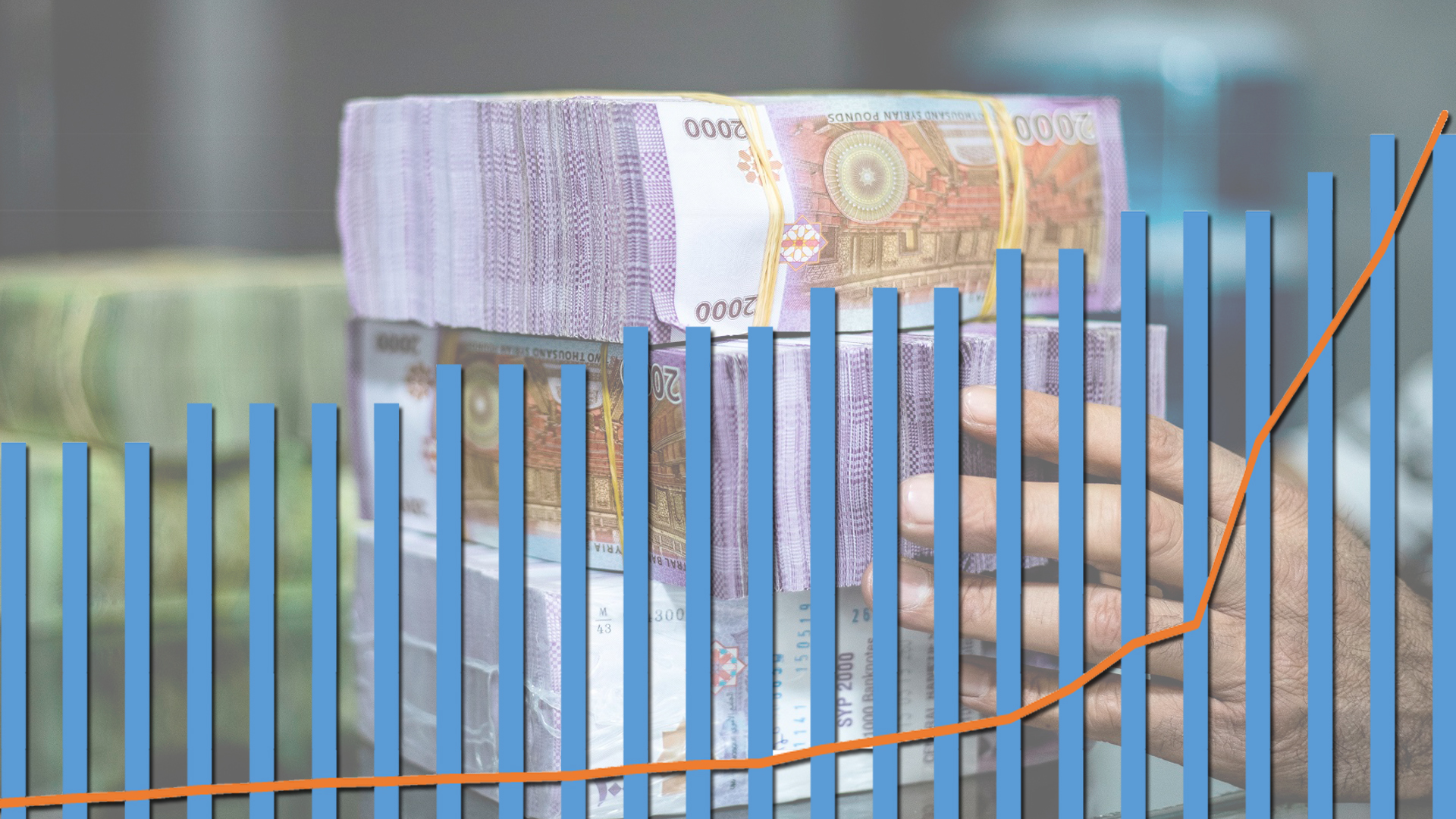The economist George Khozam, known for his support of the Assad regime, has proposed issuing a banknote pegged to the U.S. dollar at a fixed value of $100, while its equivalent in Syrian pounds fluctuates based on the Central Bank’s exchange rate bulletin.
He argues that the Syrian pound serves as a financial tool rather than an economic one to combat inflation and the excessive circulation of banknotes in transactions. For instance, 100 “green pounds” would be equivalent to $100.
Khozam illustrates that if the Central Bank sets the exchange rate at 10,000 Syrian pounds per dollar, issuing one million “green pound” banknotes would effectively withdraw one trillion Syrian pounds from circulation.
PM Arnous Underscores the Importance of Advancing Renewable Energy and Wind Energy Investments
He contends that one of the primary benefits of the “green pound” system is preserving purchasing power and shielding savings from inflation and depreciation by ensuring its constant equivalence to $100. This reduces demand for U.S. dollars for savings, thereby stabilizing its exchange rate against the Syrian pound and facilitating large cash transactions.
However, he emphasizes that for this idea to succeed, the Central Bank must consistently announce an official exchange rate that is 15% lower than the black market rate, and mandates that half of all cash deposits and large remittances be in “green pounds”.
Khozam asserts that dealing in dollars should not be criminalized, arguing that the true economic threat lies in corruption and the misappropriation of public funds, which he believes harms Syria more than military aggression by foreign states.
Economist Sinan Deeb, speaking to pro-Assad media, criticized the regime’s handling of inflation, highlighting record price increases exacerbated by unrealistic and undisciplined statements from officials and traders. He blamed the regime’s economic policies and resource mismanagement for pushing the sector towards collapse.
This article was translated and edited by The Syrian Observer. The Syrian Observer has not verified the content of this story. Responsibility for the information and views set out in this article lies entirely with the author.


